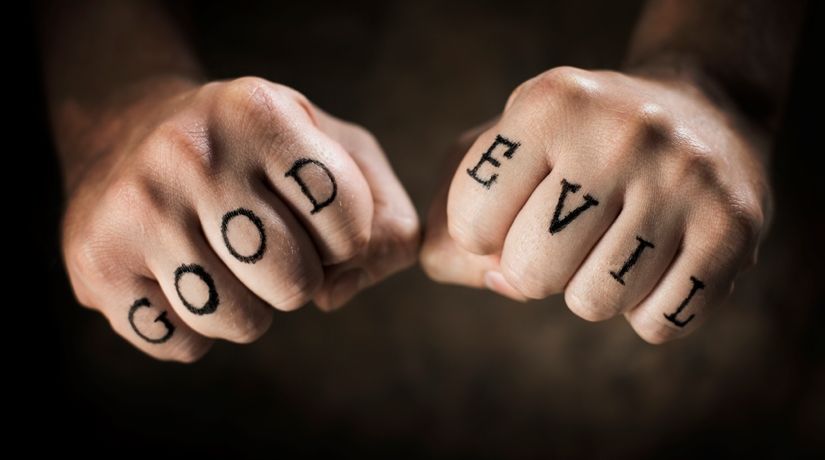
How much agency do we actually have in our day-to-day lives?
How much freedom do we actually enjoy on a pragmatic basis?
I ask these questions as part of another thought experiment, albeit one that requires more introspection than the others I’ve posed. I think it’s relevant at a time when we’re dealing with a global pandemic that has severely restricted everyone’s agency to significant degrees. It’s also relevant because it’s something we rarely scrutinize.
There’s another reason I’m discussing matters of agency. It has less to do with current events and more to do with frequent criticisms of certain stories. As an aspiring writer and an avid consumer, especially of superhero media, the agency of certain characters is an integral part of that process. You can’t tell a meaningful story without characters exercising some level of agency.
What has become a major issue in recent years is the source, degree, and structure surrounding that agency. I’ve noticed critics and consumers alike scrutinizing who makes the major choices in a story, as well as what role they play, how they look, and why they’re doing what they do. While these are relevant details, that scrutiny can be misguided.
I see it whenever a female character is perceived as having no agency or having too much.
I see it whenever a male character is perceived as being the only source of agency for every major detail.
I see it whenever a character of a different race, ethnicity, or sexual orientation play a role that isn’t just restricted to tokenism.
It has derailed many meaningful conversations about some genuinely great stories. It has also established this standard for some people that if any character with agency happens to be of a certain gender or ethnicity, they roll their eyes and discount the story as pushing some sort of agenda. I find that to be incredibly shallow and short-sighted.
That’s why I think it helps to analyze how much agency we think we have in the real world. It’s easy to quantify that agency within the rigid structure of a story, but the real world is larger, more complicated, and a lot less predictable. How can we determine how much agency we actually have in the grand scheme of things?
How much agency did you have in being born into a particular time, place, or socioeconomic level?
How much agency did you have in falling in love with the person you married?
How much agency did you have in getting the job you have or the career you pursued?
How much agency did you have in finding the friends and social circles you’re part of?
On the surface, it may seem like you’re exercising your ability to choose in these circumstance. I ask that you take a step back and think a bit harder about it.
When it comes to our lot in life, did we really have much say in the economic and social system that we’re part of? Sure, we can choose to not participate, but in doing so, we either starve to death because we don’t have money for food or we become completely isolated from the world and any semblance of social support.
We think we have choices when we go to the supermarket or a restaurant, but how many of those choices are already chosen for us? We don’t always by the cheapest brand of cereal because we want to. We buy it because we have to. In that same sense, we don’t always buy the car we want. We buy what we can afford.
To a large extent, our agency is incredibly limited by our economic resources. It’s limited even more by our social structure, as well. We can’t always do what we want, no matter how depraved. We can’t just walk outside naked, rub our genitals against the nearest person, and yell racial slurs at the top of our lungs. We’d get arrested, imprisoned, or ostracized, at the very least.
Even if what we do isn’t illegal, we still limit our choices because of peer pressure and social stigma. It’s not illegal to watch porn on a public bus, but it will get you odd looks and plenty of scorn. To some extent, we sacrifice some of our agency to maintain an orderly, functioning society. It’s just a question of how much we sacrifice and how much we’re willing cling to.
With all that in mind, see if you can take stock in the amount of agency you exercise in your day-to-day life. You may be surprised by how little or how much you actually have. It may not be the most interesting thought experiment you can do for yourself, but the implications it offers are profound.


















